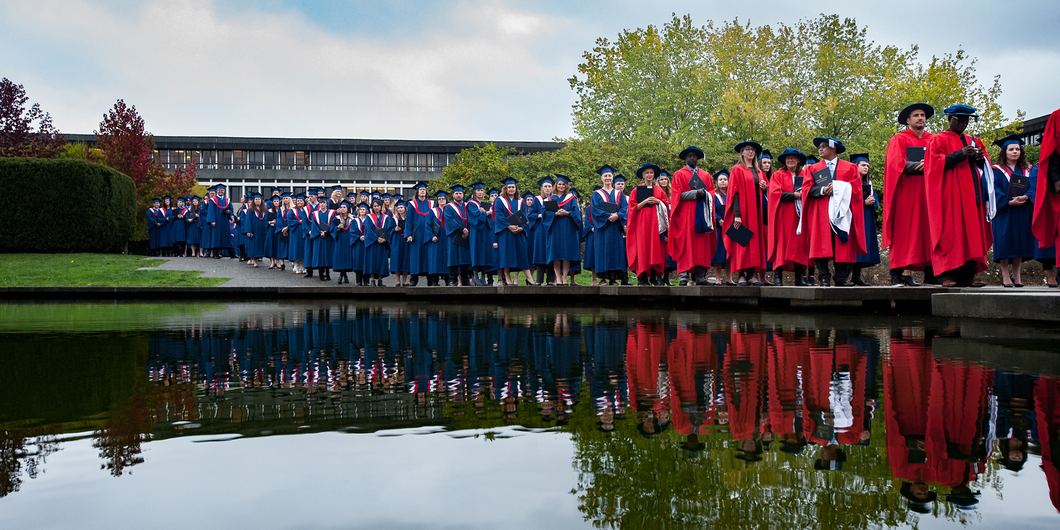
Experience, specifically practical experience, is always a benefit and isn’t something you can easily get in the classroom. Sure there are labs and projects, but nothing tops working in a real workplace environment. In the workplace, you get to practice key skills in more depth than a classroom allows, and on a more regular basis under the direct supervision of a mentor. Below, I outline two fundamental skills/experiences that I gained from co-op, as well as share how delaying your graduation by doing co-op, what some may see as a negative, is greatly outweighed by the benefits.
Communication
My first co-op placement at the LAEC Lab in SFU Surrey was where I first started gathering practical engineering experience. I furthered this experience during my second placement with Cooledge Lighting Inc. Communication is a key skill in any industry but, in Mechatronic Systems Engineering (MSE), it is not usually practiced fully in school. The main reason for this is that most projects and assignments do not require talking with manufacturers for quotes, obtaining samples, and fostering a working relationship with a representative of another company. There are a couple of exceptions to this; one is a capstone class in our fourth year where we work in groups to develop a product for a customer or investor. This project was as close to a workplace project as we got: we had to meet with our supervisors regularly, talk with manufacturers, and demonstrate a working product to interested parties at the end.
Experimentation
One day during my recent co-op at Cooledge Lighting, a colleague and I were discussing possible designs and we kept coming back to the same thing: we needed more information. One of the many things I’ve learned while on co-op is that there comes a point where you have many designs and the only way to proceed is to experiment with prototypes. Theory and simulations will get you far enough to know approximately what to expect, but simplifications will inevitably be required. These simplifications are derived from performing tests and observing how the prototypes perform, and then discarding the designs that do not perform as expected or match discovered characteristics. The successful designs are put through more tests and undergo more discussion before a final design is chosen. This discussion often covers more than just engineering factors, but financial and other aspects not considered in a classroom project. Conversely, in course projects, once a design is chosen, it tends to remain until the end and generally doesn’t undergo the same rigour of testing, observation and discussion.
Downside?
There is only one downside that I can think of for doing co-op; that is it will delay your graduation. In MSE Co-op, we need three semesters, or one-year minimum, worth of work term experience. Furthermore, most employers aren’t looking for a four-month work term, as it’s more cost-effective to hire a student for eight months. Doing an eight-month work term will certainly cause delays towards graduation, but, that being said, the delay is worth the experience you will gain from the position. Something else that may delay your graduation by participating in co-op is that since the work term will replace an academic term if classes aren’t offered the semester you return to classes, you will need to wait until they are offered again. However, again there is a positive in that the semester isn’t spent twiddling your thumbs, as you will be practically applying lessons learned in the classroom to the work you do in your co-op position.
With all of this in mind, would I recommend doing co-op? Yes, I would. It’s a great way to apply what is learned in your courses and to learn skills that can’t be learned to their full extent in classes. Overall, co-op gives you full-time employment to put on your résumé; however, the trade-off is delayed graduation. In my opinion, graduating later is more than worth it since you achieve a head start in gathering the necessary work experience in your field. By the end of your co-op, you will realize that the benefits greatly outweigh the cost of time not spent in the classroom.















